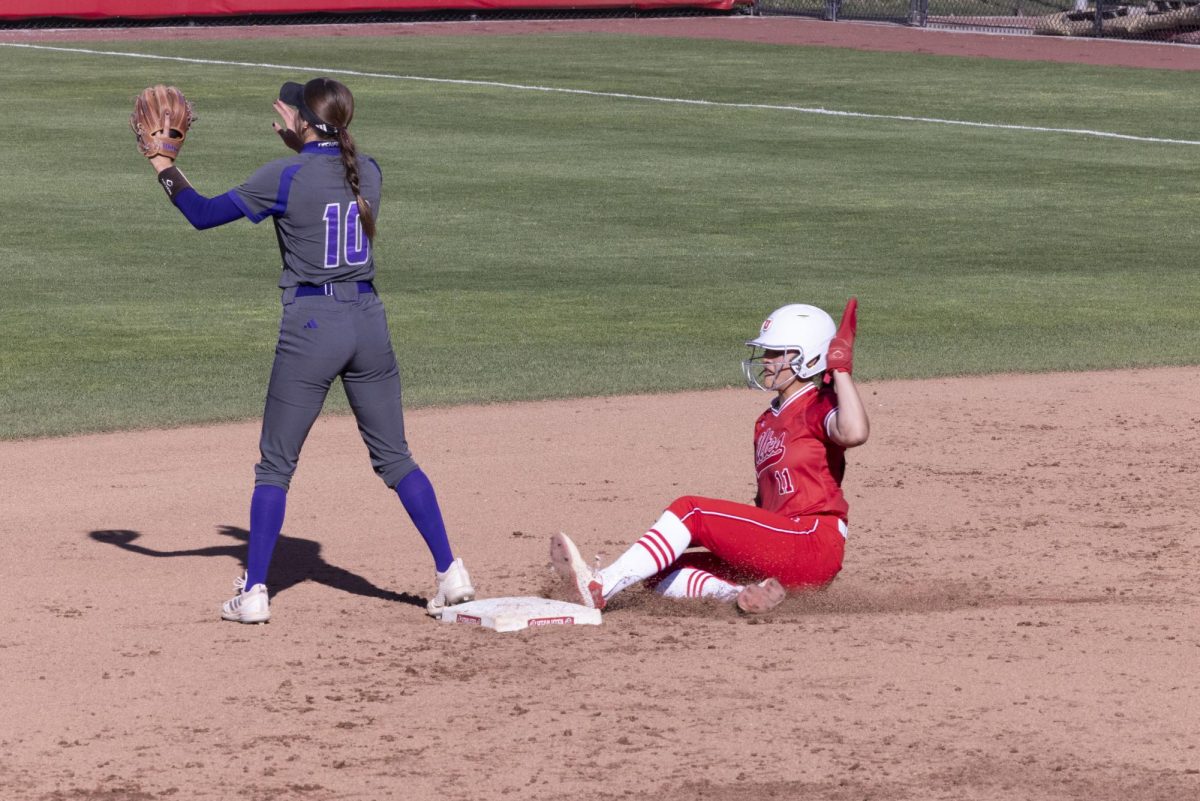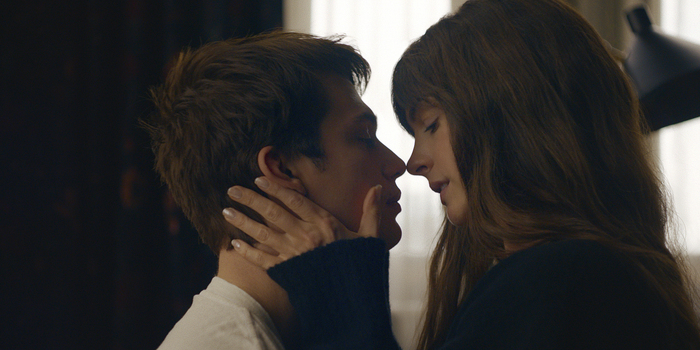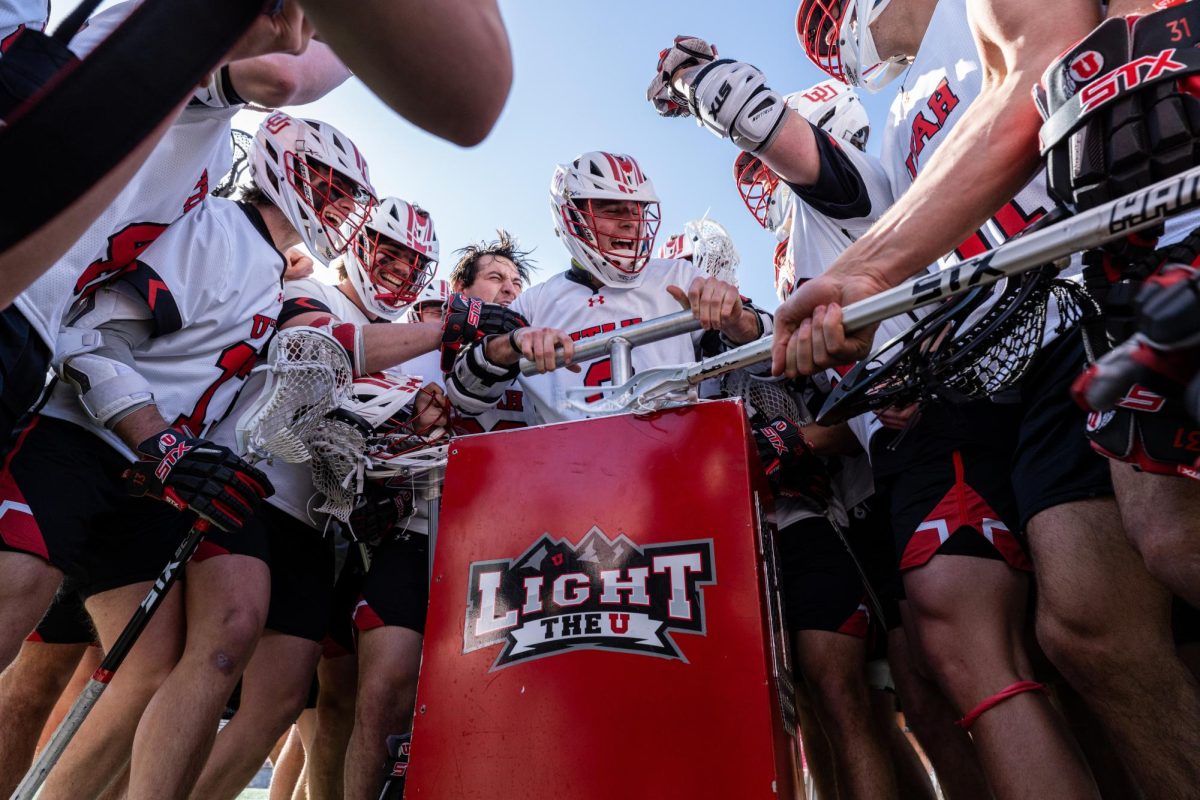Wednesday marked the beginning of the Safe Zone Training, a program designed to create a comfortable environment for lesbian, gay, bisexual and transgender students and faculty on campus.
The training focused on teaching participants how to develop a network of support and become visible allies.
“It’s valuable in any setting to identify who’s going to be nice and who’s going to be understanding,” said Derick Stephensen, Safe Zone intern and a program coordinator.
Those who completed the two-hour training signed an ally certificate and received Safe Zone stickers and magnets, which will help LGBT students identify gay-friendly people and places.
Trainers had thought about going through department heads to make the program a requisite, but decided against it. Instead, attendance was voluntary so that those who came were sincere and not just going through the motions at an employer’s insistence, said Charles Milne, LGBT Resource Center interim coordinator. Milne also helped to coordinate and present the training.
While the climate on campus toward LGBT people isn’t bad, it still needs improvement, particularly in standing up for homosexuals, Stephensen said.
“Most people think that most people are anti-homosexual, so they may not act out,” he said. “You assume people have negative thoughts about homosexuality, but do they?”
Both Stephenson and Milne agreed that this mentality to assume a group is in accordance can add to a reluctance to speak out.
“People don’t think this campus has as many allies as it does,” Stephensen said.
In addition, many people might not know they are saying something offensive, so it is essential for allies to correct an insulting comment. By standing up for a homosexual person, allies can help eliminate discriminatory speech.
“If they’re saying this around the water cooler, what are they saying in private meetings?” Milne asked.
Liz Leckie, assistant dean of the College of Humanities, said she felt that becoming a visible ally is important.
“As a campus, we need to work together to create learning opportunities and safe spaces for all students who attend our university,” she said.
Kim Hall, a resident adviser, said she attended the training to help ensure that her floor is safe for everyone.
Stephensen said he hopes to expand the program to include “train the trainer” to get more facilitators.
“We’ve got a lot still to go,” he said.
How to be an LGBT ally
* Have a general conception of sexual and gender identity, and comfort in your own sexuality and gender* Realize that in many circumstances around you, some LGBT people are concerned with how safe the surrounding environment is for them.* Do not assume that all homosexual or transgender people are attracted to you.* Assist in deconstructing myths regarding heterosexual absolutism in society. For example, do not ask people if they have a girlfriend or boyfriend, but rather if they are seeing anyone.* Understand that coming-out is not a one-time event for all LGBT people. Each circumstance is different for each person, and brings complexity that usually is not understood. * Understand that the LGBT community is a diverse community within itself. Most people within this community have various needs, desires, and aspirations.* Understand that many people within the LGBT community have been affected by HIV/AIDS, whether personally, or through friends or family. More importantly, have a clear understanding that the HIV/AIDS epidemic is not solely a concern for LGBT people.* Create visibility that you support LGBT people.* Offer your knowledge regarding LGBT issues to other people.* Challenge heterosexism (the belief that heterosexuality is superior to other sexualities), homophobia and transphobia (fear of transsexuals and transgender people), especially when not in the presence of an LGBT person.
Adapted from the American College Health Association/Centers for Disease Control and Prevention Cooperative Agreement











